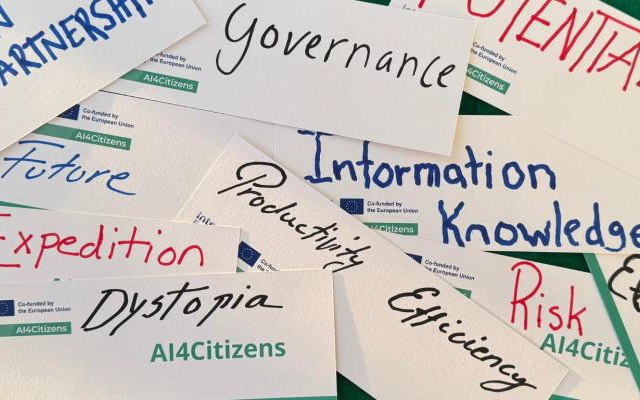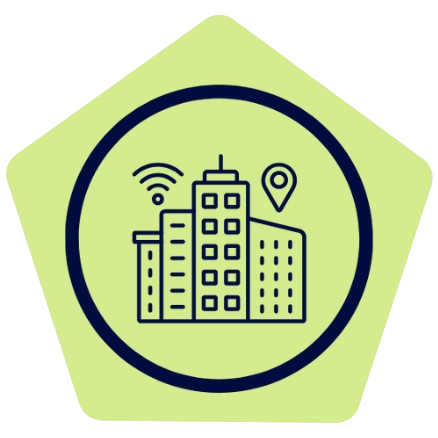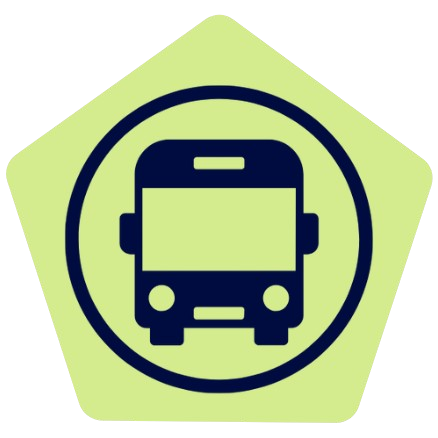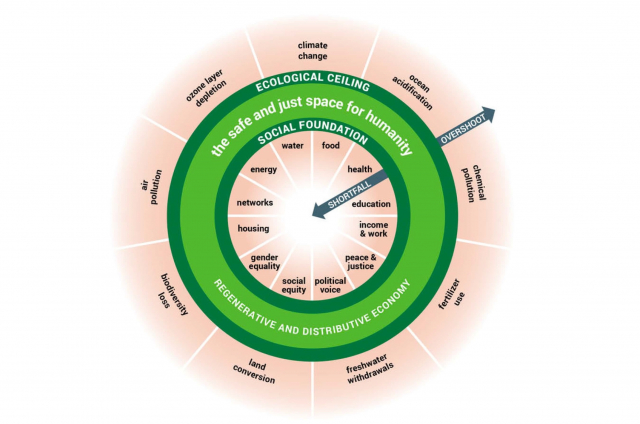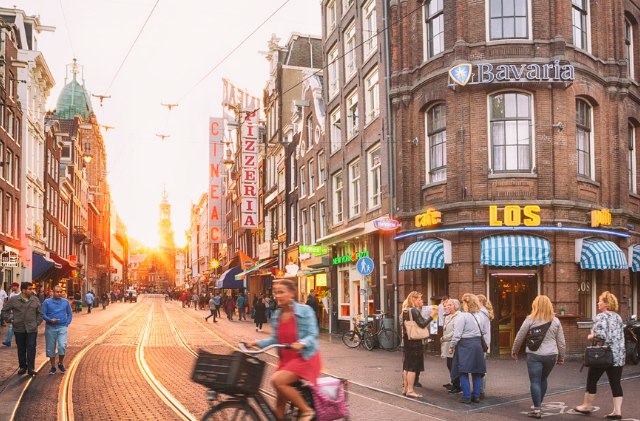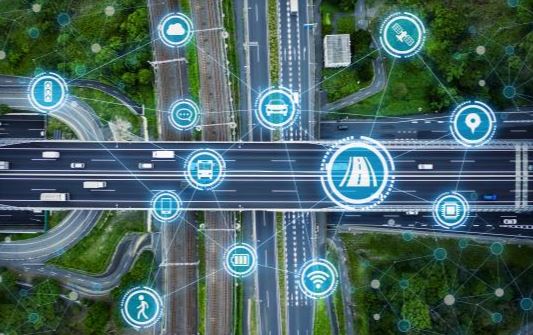
Currently, mobility data in Riga is stored across various systems and municipal departments that are not interconnected. This fragmentation limits the ability to efficiently analyze traffic flow, public transport operations, and sustainable mobility development. To address this issue, a unified mobility data ecosystem is being developed, providing centralized, structured, and accessible data to enhance transport planning and management in Riga and its metropolitan area.
The Significance of the Project for Riga
Riga faces challenges in managing efficient and sustainable mobility. The lack of accessible, integrated data across different institutions hinders decision-making for transport planning and traffic management.
By creating a unified mobility data ecosystem, the project enhances decision-making, reduces data processing time, and enables a more responsive approach to traffic challenges. This initiative supports Riga’s transformation into a more modern and environmentally friendly city, improving transport efficiency while reducing congestion and emissions.
Target of the Project
The project aims to establish and implement a smart mobility data management system to enhance transport planning and traffic organization in Riga and its metropolitan area, promoting sustainable mobility development.
Benefits for Residents
✔ Faster and more efficient traffic planning – the integrated data ecosystem enables timely identification and resolution of transport issues, improving traffic flow and reducing congestion;
✔ Optimized public transport network – precise data analysis allows for better planning of public transport routes and schedules, making commuting more convenient and efficient;
✔ Greater resident engagement – open data and a more transparent decision-making process enable residents to monitor mobility developments and participate in urban planning;
✔ A more sustainable and eco-friendly city – improved transport management helps reduce emissions, contributing to a cleaner and healthier urban environment;
✔ Enhanced traffic safety – data-driven improvements in traffic management help mitigate hazardous road sections, ensuring a safer environment for all road users, including pedestrians and cyclists;
✔ More efficient urban planning – detailed mobility data analysis supports infrastructure development decisions, such as new cycling lanes or public transport hubs.
Project Activities
✔ Collection, validation, and identification of essential mobility data sets;
✔ Development of a unified data infrastructure and expansion of the sensor network;
✔ Implementation of sustainable data management and support tools;
✔ Integration and analysis of data to improve transport planning and public transport efficiency;
✔ Development of automated reports and traffic simulation models;
✔ Deployment of an operational traffic management and construction works mapping tool, alongside an improved real-time traffic monitoring system;
✔ Acquisition and quality assurance of mobility data;
✔ Ensuring open data accessibility for residents and stakeholders.
Project Results
The project’s primary measurable outcome is a reduction of at least 10% in the execution time for mobility planning and modelling services. This will be achieved by implementing smart analytics tools that automate and digitize processes, optimizing municipal resource utilization for transport planning and traffic modelling.
Additionally, the project delivers the following benefits:
✔ Enhanced municipal digitalization – streamlined workflows, reduced manual labor, and optimized data processing;
✔ Creation of a unified, integrated mobility data platform – replacing the fragmented approach to improve data management efficiency;
✔ Faster and more convenient access to mobility data – enabling data-driven decision-making in urban planning and transport organization;
✔ Improved decision-making quality – allowing in-depth analysis of pre- and post-implementation scenarios to identify the most effective approaches;
✔ Increased data availability and transparency – encouraging public participation in urban planning and mobility policy development;
✔ More sustainable and predictable traffic planning – reducing congestion, improving public transport efficiency, and fostering sustainable mobility in the city.
Funding, Duration, and Partners
Funding source: EU Cohesion Policy Program 2021–2027, Priority 5.1.1: “Integrated social, economic, and environmental development of local territories, promotion of cultural heritage, tourism, and security in urban functional areas,” Action 5.1.1.4: “Smart Municipalities”
Total budget for Riga: EUR 3 654 000
EU funding for Riga Municipality: EUR 3 105 900
Co-financing by Riga Municipality: EUR 548 100
Implementation Period: 01.04.2025 – 31.03.2028 (36 months)
Project Partners: Riga Digital Agency, Riga City Development Department, Riga City Outdoor Space and Mobility Department
Contact Information
Anna Lākute
Project Manager, “Development of a Unified Mobility Data Ecosystem”
Riga Digital Agency
Phone: +371 67181884
Email: anna.lakute@riga.lv

Related Projects

Expansion of the Municipal Air Quality Monitoring Network and Low-Emission Zones Efficiency Assessment
Read more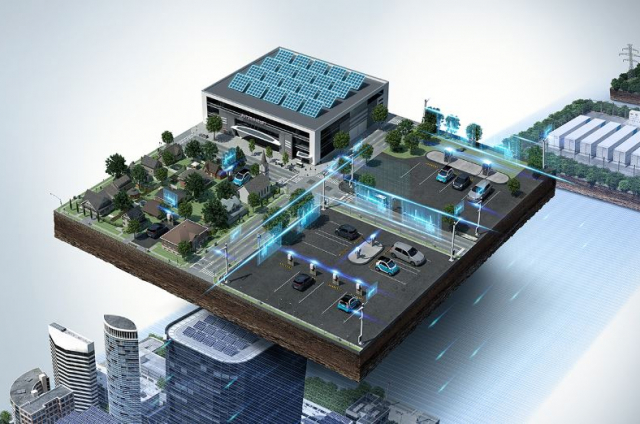
EnergyGuard: Developing Large-Scale AI Testing and Experimentation Facilities for Energy Infrastructure Solutions
Read more